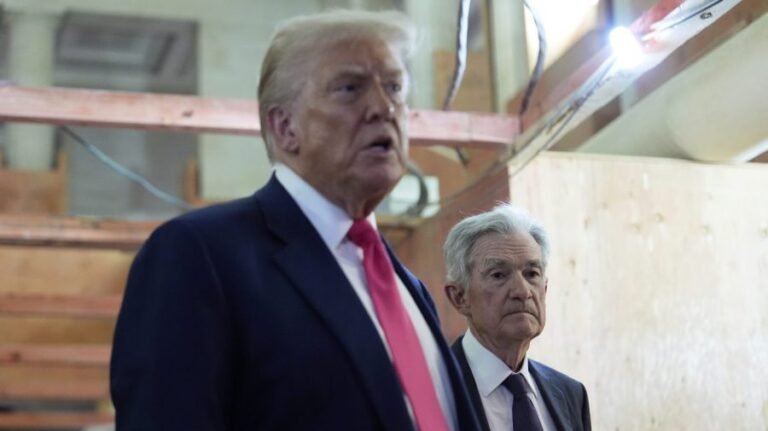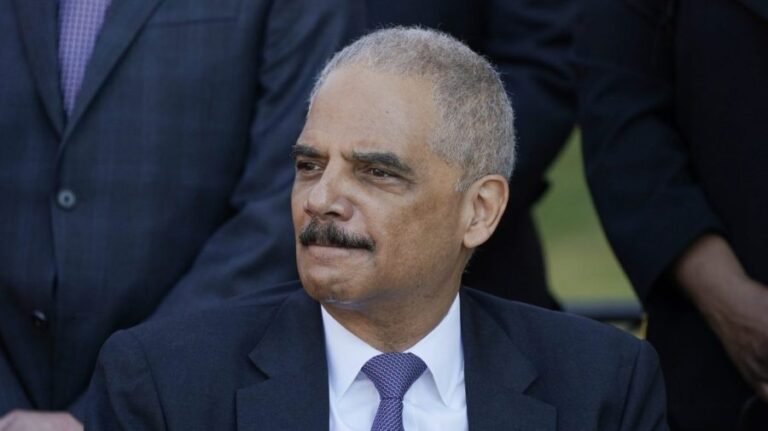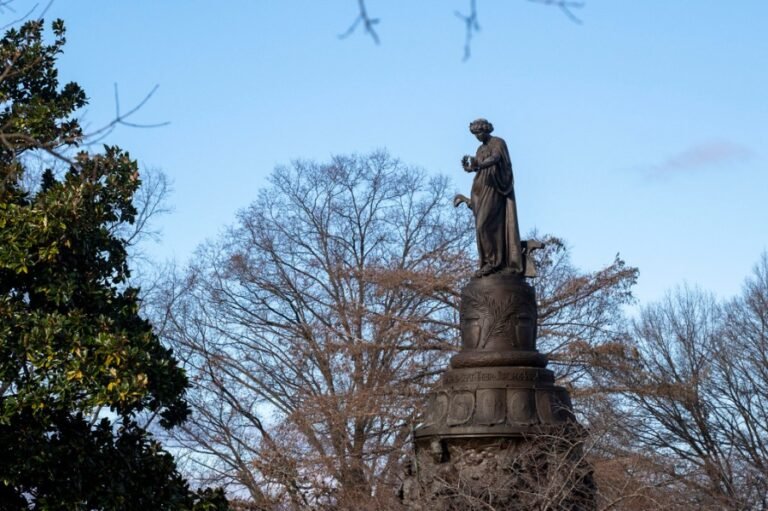
The other side of the pond dropped into a brief but sobering relapse into the dark ages.
Spain and Portugal suffered a massive electricity shortage in April, plunging them into darkness. It is no coincidence that this occurred only days after the country announced that so-called renewable energy (solar, wind, hydro) had supplied all the country’s electricity for an entire day.
Before the total blackout, one of Spain’s utility companies also boasted that solar and wind supplied 40 percent of the nation’s electricity last year.
The government’s obsession with phasing out fossil fuels in favor of renewables is squarely to blame. We can only avoid Europe’s energy fumble by allowing property owners and businesses the freedom to exercise their ingenuity to tap our vast natural resources, fossil fuels included, to keep the lights on.
If the market demands fossil fuels to meet our energy needs, we should give businesses the freedom to meet that demand. As we develop, our energy needs will only increase. This means we cannot afford to keep energy resources locked in the ground.
As Alex Epstein explains in “Fossil Future,” the physics of fossil fuels are especially cost-effective because they have high “energy density” compared to renewables. Higher productivity ultimately leads to increased income, life expectancy, and higher population growth.
In short, freedom to develop resources brings prosperity.
Our recent history underscores the importance of giving people the freedom to unleash our natural resources.
In the early 2000s, California suffered recurring power blackouts partly because it failed to build enough new power plants. In August 2020, California experienced mass blackouts, this time due to insufficient fossil fuel sources when renewable energy sources went offline.
Our energy needs will only grow as we fuel the AI technology revolution, which requires massive amounts of electricity.
But despite our growing energy needs, calls for stricter regulations on natural resource development and use have continued to increase.
In 2009, the U.S. House passed a cap-and-trade carbon emissions bill that would have limited companies’ carbon emissions. (The Senate never voted on the bill.) New York has passed a ban on fossil fuel cooling and heating systems in new buildings, effective 2029. And California seeks to ban the sale of gas-powered vehicles starting in 2035.
And it’s not just fossil fuels the government is going after; it’s virtually all natural resource development. Take the federal government’s 2012 decision to restrict timber harvesting in parts of Louisiana, purportedly to protect a frog that had not lived in the area for 50 years.
Or consider the federal government’s 2021 decision to abruptly limit the amount and types of trees in Alaska that timber companies can harvest after those companies had already invested significant time and money into developing their timber operations.
The prescription to fix energy shortages is more freedom to develop natural resources, not more restrictions. Property rights create the necessary incentives for developers to invest in energy projects by providing them with certainty that the government won’t shut down their project after they have spent time and money on it.
For example, the Biden administration halted the Keystone Pipeline Project by denying the necessary permits. Although President Trump announced that he would reverse the decision and make obtaining permits “easy,” the private developers who were once interested in the project have reportedly “moved on.”
President Ronald Reagan once called America a “shining city on a hill.” We are a “beacon,” he said, “for all the pilgrims from all the lost places who are hurtling through the darkness, toward home.”
The shining light we have long offered the world is freedom, including the freedom to use our bounteous natural resources. We will keep the city light shining as we embrace that freedom, even if the rest of the world goes dark.
Ethan Blevins and Jeff Jennings are attorneys at Pacific Legal Foundation, a public interest law firm that defends Americans’ liberties against government overreach and abuse.


